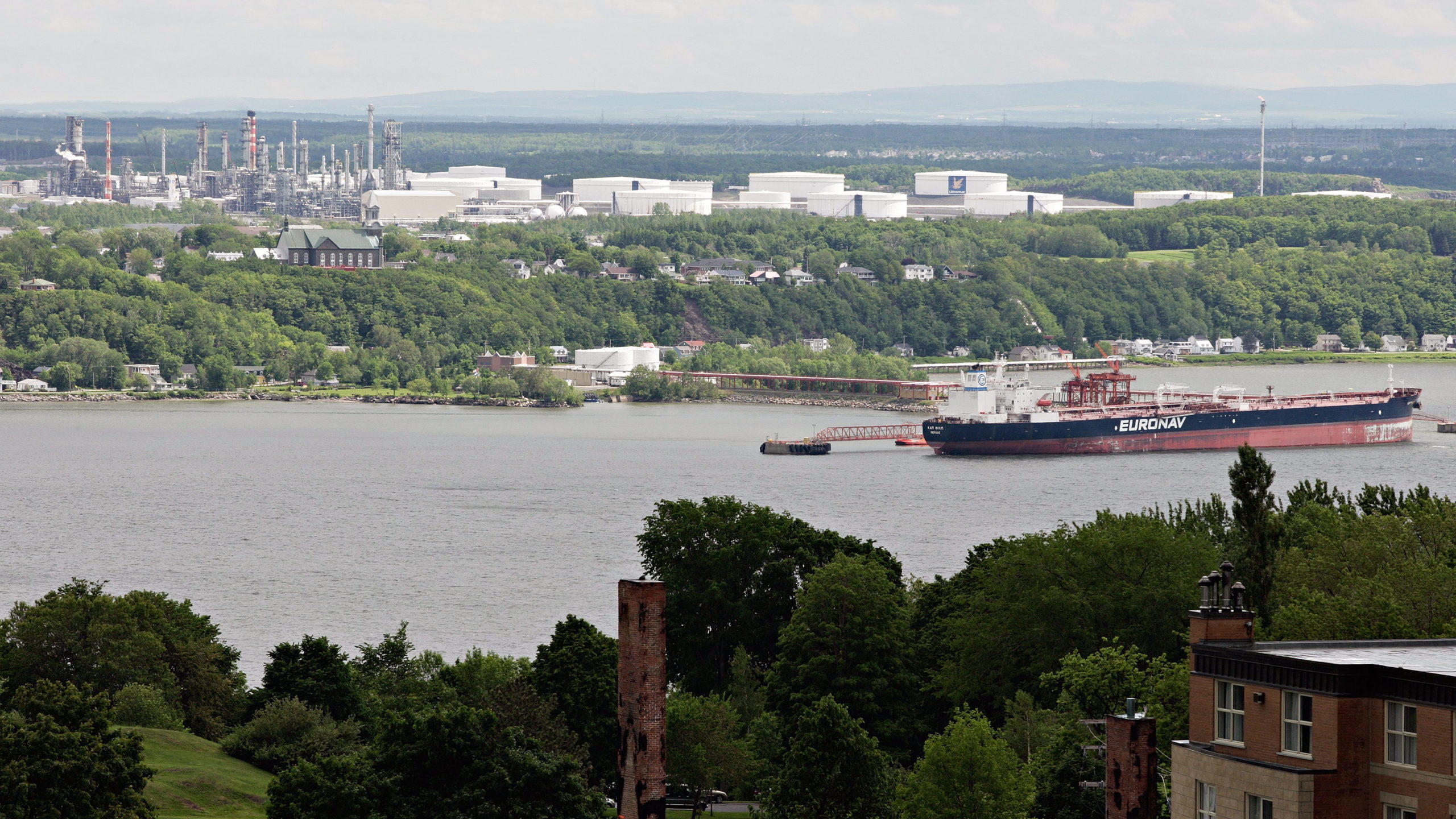An overwhelming majority of Quebec residents would prefer to use oil produced in Western Canada than oil imported from other countries, according to a new poll released by the Montreal Economic Institute (MEI).
And even though Quebecers are open to developing their own oil supplies, there is a lack of political will to make the province more energy independent.
“Quebecers don’t live in some fairy tale. We consume a lot of oil and gas – in fact we buy more pickup trucks and SUVs than cars,“ says Germain Belzile, a Quebec energy economist and senior associate researcher at the MEI. “But while Quebecers are frankly very open to the development of their oil resources, the province’s political parties don’t feel the same enthusiasm. There’s a real disconnect there.”
Results of the think tank’s latest annual poll on Canadians’ attitudes on energy issues found that 71 per cent of Quebecers would prefer to import oil from Western Canada than from other countries – a six per cent increase from last year. The poll conducted for the MEI by Ipsos also found that 50 per cent of Quebecers believe the province should develop its own oil resources instead of continuing to import all the oil it consumes – an increase of five per cent from last year.
From the cancelled Energy East pipeline project to opposition to natural gas development, Belzile said the province has a track record of opposing energy projects that could bring significant economic benefit to local communities and the national economy. Belzile says he believes the reason for this is that Quebec politicians are afraid to ‘ruffle the feathers’ of urban voters and media who are more interested in climate change issues than other Quebecers.
“Like most Canadians, people in Quebec are supportive of fighting climate change, but they don’t want to pay any more in taxes to do it,” he said. “That has led to a situation where the costs of reducing GHGs in Quebec is very hidden from consumers.”
The poll also found that climate change is the third-most important issue for Canadians, after health care and the economy. But while 14 per cent of Canadians said climate is their number one concern, more than 60 per cent said they are unable or unwilling to pay more in taxes to reduce greenhouse gas emissions.
“Clearly, Canadians recognize that climate change is an issue, but they are not ready to take concrete action,” Belzile said. “At the same time, Quebecers want to import Western oil and develop their own resources, but no political party presents this option. It’s a pretty absurd situation, and we need leaders who are willing to be courageous and go beyond just giving lip service to environmental policies and developing energy corridors in Quebec that would benefit the entire country.”
